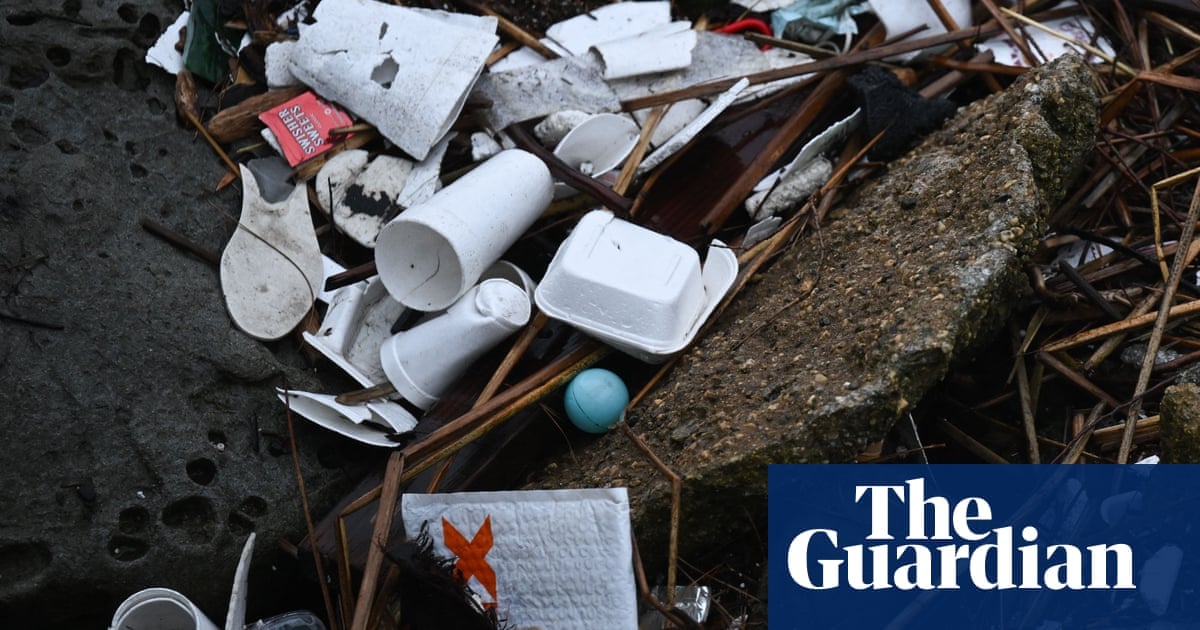A sponge made of cotton and squid bone that has absorbed about 99.9% of microplastics in water samples in China could provide an elusive answer to ubiquitous microplastic pollution in water across the globe, a new report suggests.
Just as importantly, the filter’s production appears to be scalable, the University of Wuhan study authors said in the paper, which was peer-reviewed and published in the journal Science Advances. That would address a problem that has stymied the use of previous microplastic filtration systems that were successful in controlled settings, but could not be scaled up.
If it is successfully deployed on a larger scale in forthcoming research, the filter could change the course of one of the world’s most serious public health crises.
“Microplastic remediation in aquatic bodies is essential for the entire ecosystem, but is challenging to achieve with a universal and efficient strategy,” the study’ authors wrote in the paper.



It’s ok, we’ll create aquatic spiders to fill the environmental niche. Then we’ll engineer robotic cats to stop the spiders when they destroy their biome. The robotic cats will be eliminated through a virus that targets their bio processors. Then we’ll breed a super bacteria to eat the remains of the rapidly mutating virus.
That’s the beautiful part. When wintertime rolls around, the gorillas simply freeze to death.
Why do all that? Too many steps. Lets just skip straight to the end goal and terraform the whole Solar System populating the planets and moons with genetically modified cats that upload videos of themselves on whatever social media they create.